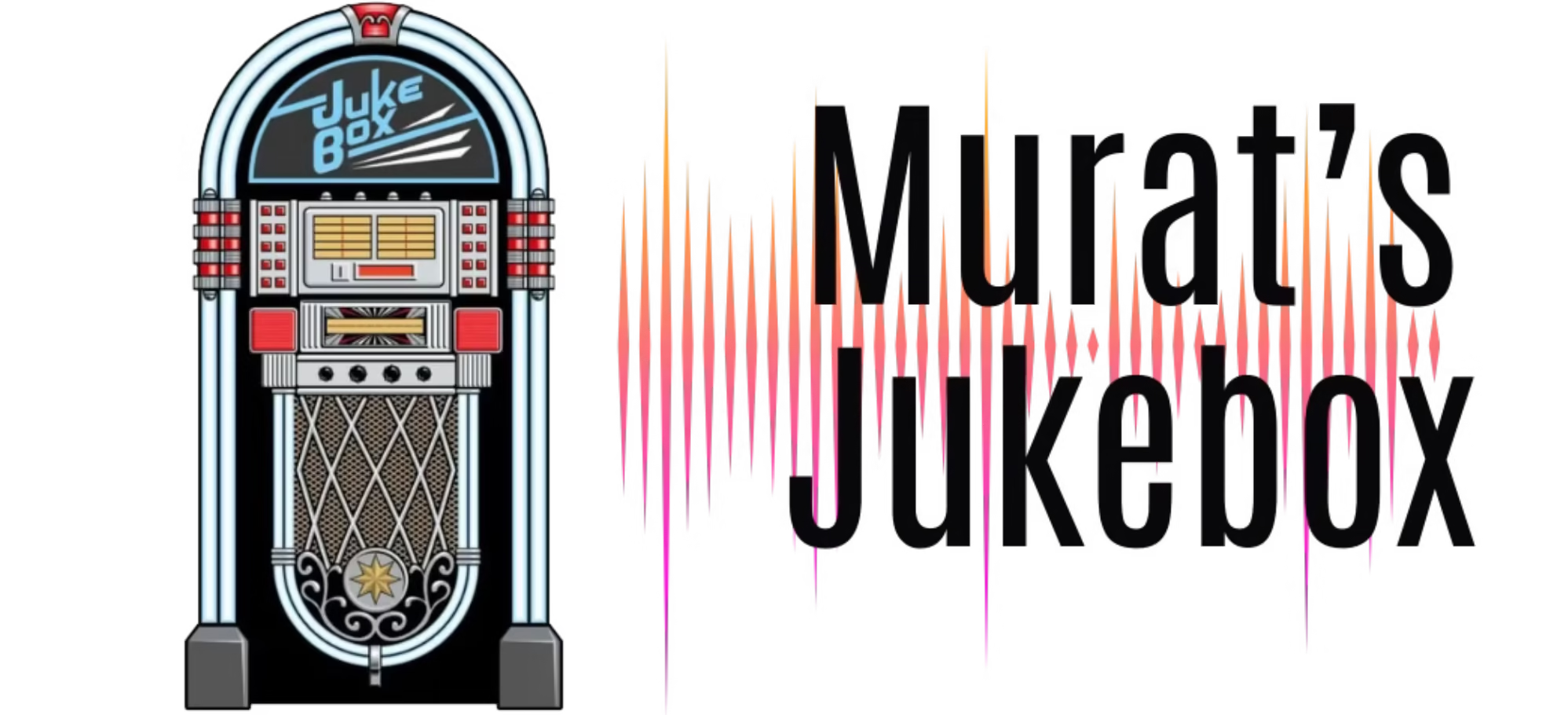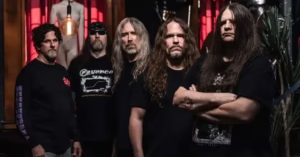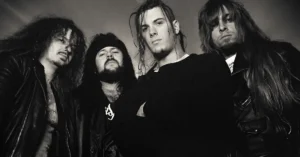Judas Priest: The Metal Gods Who Forged British Steel
Judas Priest. The Birth of British Heavy Metal
Judas Priest was formed in Birmingham, England, in 1969, a city often credited as the cradle of heavy metal. The original lineup was vastly different from the classic formation that would later become world-famous. The band was founded by Al Atkins and took its name from the Bob Dylan song The Ballad of Frankie Lee and Judas Priest.
However, it wasn’t until 1973 that the lineup began solidifying with:
- Rob Halford (vocals)
- K.K. Downing (guitars)
- Glenn Tipton (guitars)
- Ian Hill (bass)
This twin-guitar attack and the operatic power of Halford’s voice would define their sound for decades to come.
The ’70s: Leather, Spikes, and Speed
Rocka Rolla (1974) and Sad Wings of Destiny (1976)
Their debut, Rocka Rolla, was a somewhat unfocused blend of blues rock and progressive elements, but by the time of Sad Wings of Destiny, the band had fully embraced the heavy metal aesthetic, both musically and visually. Tracks like:
- “Victim of Changes”
- “The Ripper”
- “Tyrant”
showed their prowess for combining speed, darkness, and theatricality.
Judas Priest. Defining a Genre
In the late 1970s, albums like Sin After Sin (1977), Stained Class (1978), and Hell Bent for Leather (1978) (original UK title: Killing Machine) codified what modern heavy metal would become — from the fashion (leather and studs) to the music (fast riffs, dueling guitars, and high-pitched screams).
They were one of the first metal bands to discard blues influences entirely, helping define “pure metal” as distinct from hard rock.
The 1980s: Mainstream Domination
British Steel (1980)
This album marked Judas Priest’s commercial breakthrough. With anthemic songs like:
- “Breaking the Law”
- “Living After Midnight”
- “Metal Gods”
they brought metal to the masses while maintaining their aggressive edge. The record is widely considered a landmark in heavy metal history.
Screaming for Vengeance (1982)
Featuring the radio-friendly hit “You’ve Got Another Thing Comin’,” this album helped crack the U.S. market and further solidified their status as global icons. It was followed by equally powerful records like:
- Defenders of the Faith (1984)
- Turbo (1986) – where they experimented with synthesizers
- Ram It Down (1988) – a return to a heavier style
Despite some fan division over Turbo, the 1980s saw Judas Priest at the height of their popularity.
Judas Priest. Painkiller and the Departure of Halford
In 1990, they released Painkiller, a blistering speed metal opus with:
- Scott Travis on drums (formerly of Racer X), whose thunderous double bass work revitalized their sound
- Title track “Painkiller,” now a metal classic
This was followed by a period of turmoil. Rob Halford left the band in 1992, citing creative differences and a desire to explore other projects (e.g., Fight, 2wo, and Halford).

Judas Priest. The Tim “Ripper” Owens Era (1996–2003)
Judas Priest recruited Tim “Ripper” Owens, an Ohio singer from a tribute band — the real-life story that inspired the 2001 film Rock Star. He recorded two albums with Priest:
- Jugulator (1997) – a darker, more modern, groove-heavy sound
- Demolition (2001) – critically divisive but bold in experimentation
Though Owens was a capable vocalist, the band’s popularity dipped during this era.
Reunion and Resurgence (2003–Present)
Halford Returns, Angel of Retribution (2005)
The return of Rob Halford sparked enormous fan excitement. Angel of Retribution was a triumphant return, blending classic Priest stylings with modern production. Songs like “Judas Rising” proved the fire was still there.
Nostradamus (2008)
A controversial double concept album based on the life of the French seer. While ambitious, it divided fans and critics alike.
Redeemer of Souls (2014) and Firepower (2018)
Both albums marked a strong creative revival. Firepower, in particular, was hailed as their best work in decades, with producer Andy Sneap bringing renewed energy. Tracks like:
- “Lightning Strike”
- “Never the Heroes”
- “Spectre”
earned the band a new generation of fans.
K.K. Downing’s Departure and Aftermath
In 2011, K.K. Downing left the band, citing management and band conflicts. He was replaced by Richie Faulkner, who impressed fans with his technical skill and youthful vigor. Downing later founded KK’s Priest in 2020, releasing albums Sermons of the Sinner and The Sinner Rides Again.
Discography Highlights
- Sad Wings of Destiny (1976)
- Stained Class (1978)
- British Steel (1980)
- Screaming for Vengeance (1982)
- Defenders of the Faith (1984)
- Painkiller (1990)
- Firepower (2018)
Legacy: The Metal Gods
Judas Priest are often credited — alongside Black Sabbath and Iron Maiden — as one of the three pillars of British heavy metal. Their contributions include:
- Popularizing the leather-and-studs look now synonymous with metal
- Helping shape the New Wave of British Heavy Metal ()
- Inspiring generations of metal bands from Metallica to Pantera to Trivium
They’ve sold over 50 million records, earned Grammy Awards, and were inducted into the Rock and Roll Hall of Fame in 2022.
Interesting Facts
- Rob Halford is openly gay and considered a trailblazer for LGBTQ+ representation in metal.
- The band was taken to court in 1990 over “subliminal messages” in the song “Better by You, Better than Me” — and won.
- “Painkiller” is considered one of the most influential metal songs of the 1990s.





